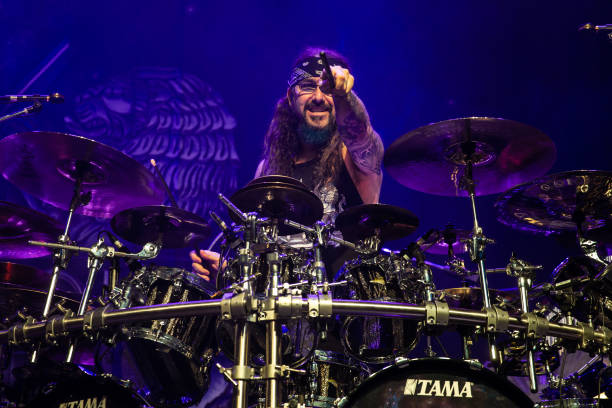Mike Portnoy, an artist known not only for his technical brilliance but for his deep connection with fans, found himself in an unexpected battle—not behind a drum kit, but against the fervour of collectors and opportunists. When the DREAM THEATER drummer released a limited batch of signed drumsticks, they vanished from his online store in an instant, before he could even make an official announcement. What should have been a moment of gratitude and excitement turned into an exercise in frustration.

Mike Portnoy, never one to shy away from transparency, took to Instagram to express his dismay. The entire stock had been snapped up by a handful of buyers, seemingly with the intent of reselling them at a marked-up price. Naming names—Robert F, Juan S, and Ryan O—he called out those responsible, not out of malice, but as a way of holding them accountable. The disappointment was palpable. What should have been a straightforward gesture for fans had turned into an ordeal requiring refunds, inventory adjustments, and future purchase restrictions.
The situation, though frustrating, underscored a larger issue within music memorabilia culture—the fine line between appreciation and exploitation. Items meant to be treasured by genuine admirers often become commodities, flipped for profit, leaving the real supporters empty-handed. Portnoy’s frustration was not just about the logistics of restocking; it was about the principle. A musician who built his career on passion and authenticity was now forced to navigate a system where scarcity breeds opportunism.
This whirlwind arrives on the eve of an important chapter for DREAM THEATER. With Parasomnia—their first album with Portnoy in over 15 years—set for release on February 7, 2025, anticipation is at an all-time high. Produced by John Petrucci, engineered by James “Jimmy T” Meslin, and mixed by Andy Sneap, the album is poised to recapture the essence of DREAM THEATER’s sonic storytelling. Its themes, rooted in sleep disturbances, nightmares, and altered states of consciousness, feel almost fitting in light of the recent drama.
Tracks like “In The Arms of Morpheus” and “Night Terror” promise to transport listeners through intricate soundscapes, showcasing the band’s ability to blend technical mastery with evocative storytelling. At 71 minutes, Parasomnia reaffirms what has made DREAM THEATER a defining force in progressive metal for decades—an unrelenting pursuit of musical depth, complexity, and raw emotion.
As Portnoy prepares to embark on this new era with the band that defined so much of his career, the drumstick incident becomes a mere footnote in a larger story. It speaks to the intensity of his fanbase, the passion they hold for his artistry, and the unfortunate reality of supply struggling to meet demand. But beyond the frustration, it also serves as a reminder—that music is not meant to be hoarded, resold, or exploited. It is meant to be felt, experienced, and shared. And with Parasomnia on the horizon, Portnoy is about to deliver something far more valuable than any signed drumstick—a return to the heartbeat of DREAM THEATER.
